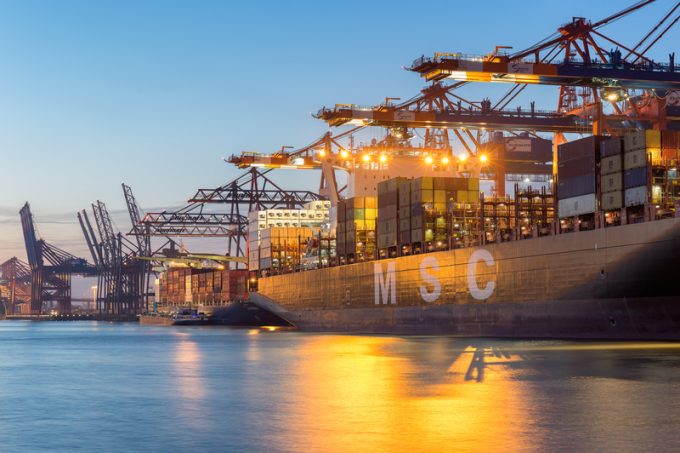US importers stockpiling goods to avert autumn shortages amid tariff chaos
The first signs of guidance on how tariffs could play out over the next few ...

As the European Commission continues its review of the liner shipping’s Block Exemption Regulation (BER), which allows container carriers to work in consortia, cargo owner lobby group the European Shippers Council (ESC) has called for the law to be repealed – or at least fundamentally ...

Comment on this article